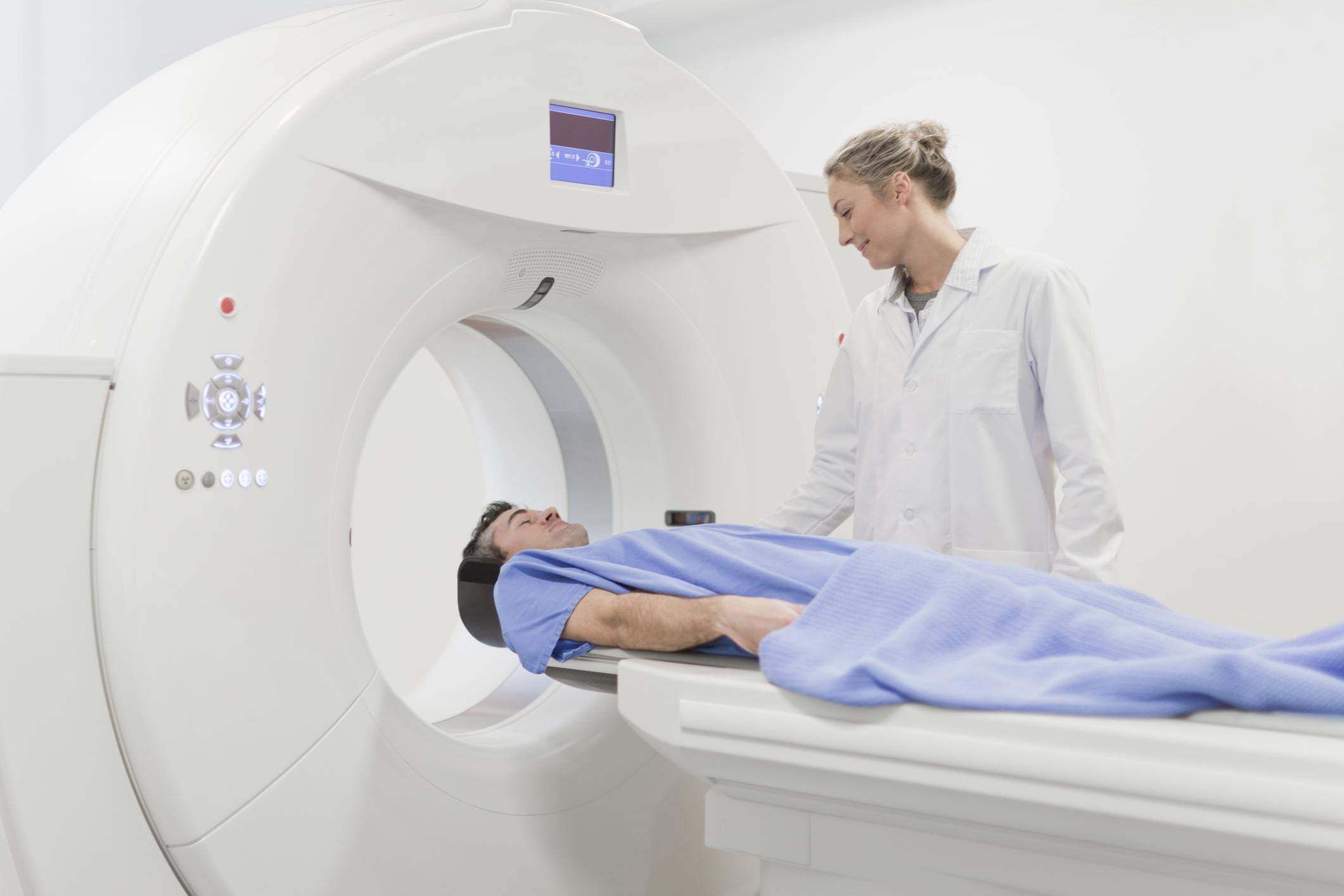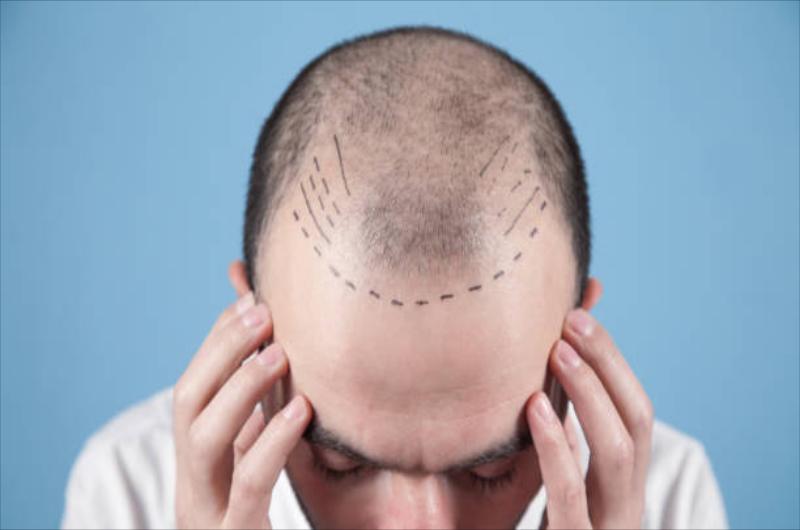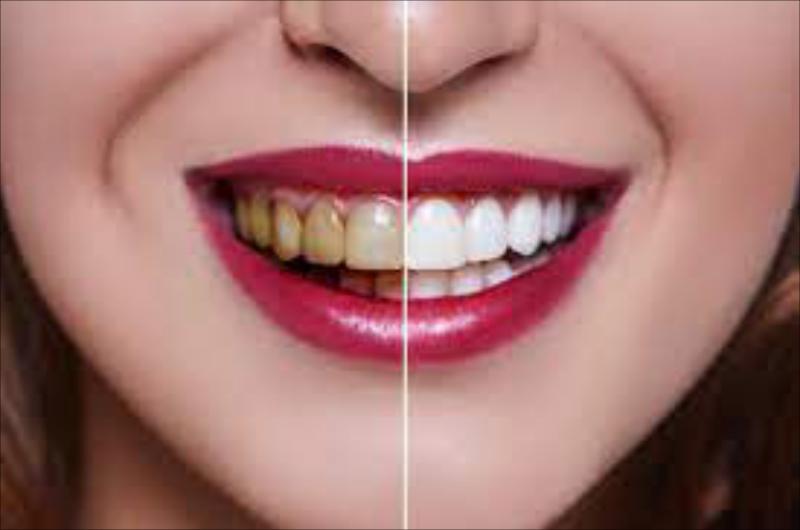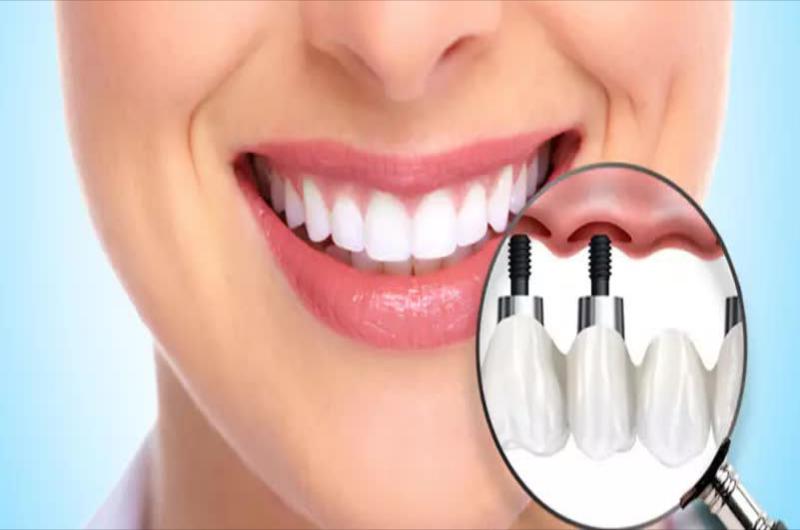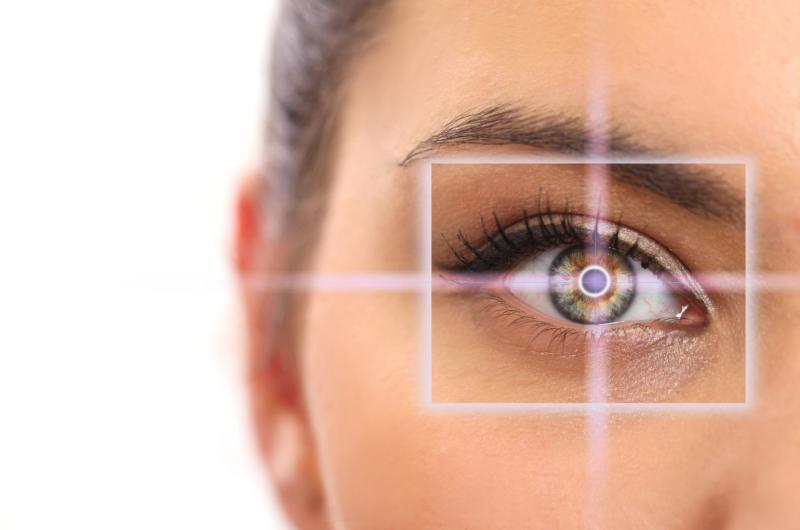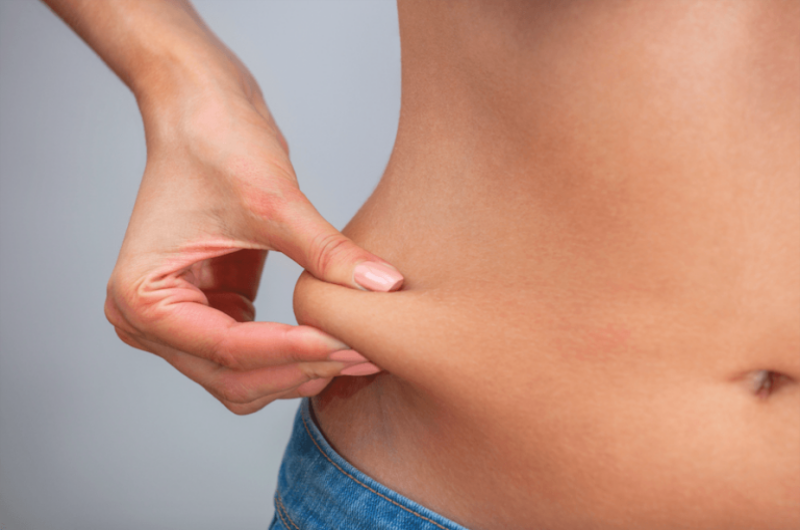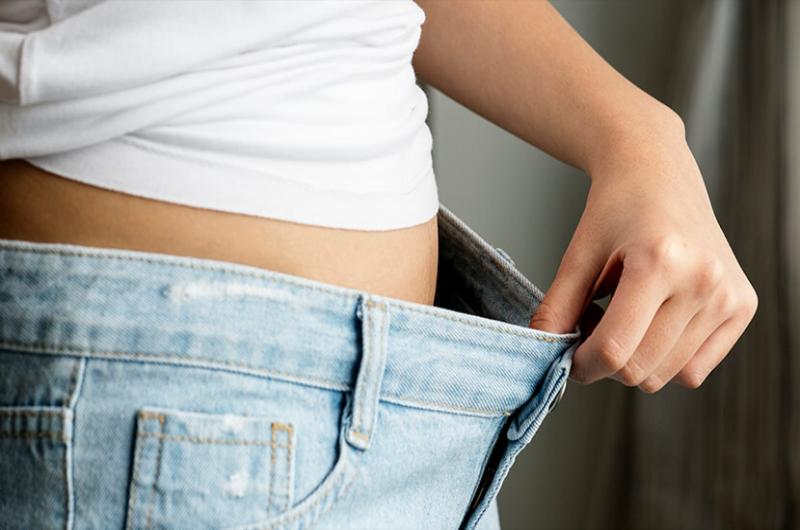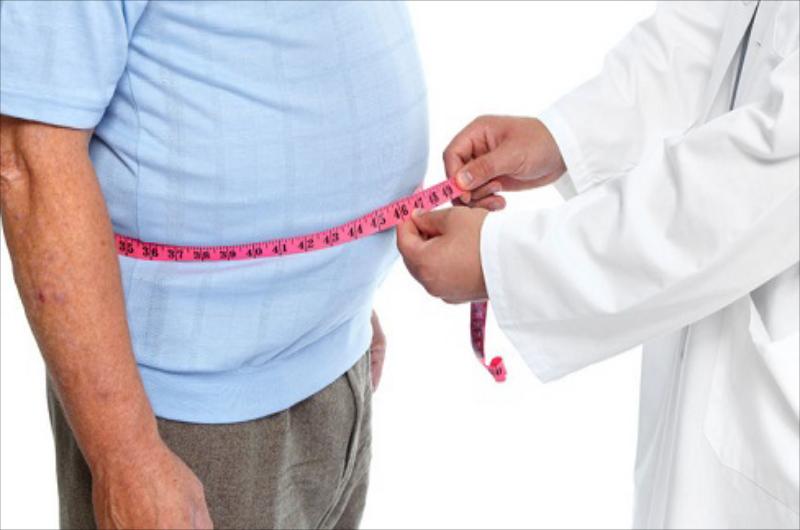About Treatment
PET-CT scan facilitates the interpretation of the results of the radionuclide method by providing the anatomical picture obtained by CT.
PET CT opens up new possibilities in the precise diagnosis of tumors, and in one procedure, in addition to a more precise localization of the primary tumor, it allows you to obtain detailed information about the state of other organs and systems.
PET-CT scan takes about 30-40 minutes. All this time, patient can not move, therefore, problems associated with being stationary (pain in the joints or bones, swelling, cramps, tremors, etc.) must be reported to the doctor in advance. Specialists will select the optimal examination mode. The procedure itself consists of injecting a special preparation (an hour and a half before the tomography), labeled with an isotope, and subsequent scanning of the whole body using PET-CT device. The procedure is painless. The radioactive isotope 18-fluorine is rapidly excreted from the body, therefore PET-CT examination is safe for health. For the speedy removal of the drug from the body, patient should drink more distilled non-carbonated water after the procedure.
What is the purpose of this study?
In recent years, the PET-CT study has become a leading diagnostic tool for various types of cancer. Using this scan, the degree of spread of the tumor process in the body is determined, the response to therapy is evaluated, and observation is carried out. In addition, PET with FDG has been shown to be highly effective in detecting infections. This type of scan is also used in neurological examinations for epilepsy and degenerative brain diseases.
How is the procedure conducted?
After completing the necessary documentation, patient will be taken to treatment room, where blood will be taken to determine the glucose level and anthropometric data (height and weight) will be measured. If the blood sugar level is within acceptable values, nurse will take you to changing room.
Petient takes a comfortable position, and an intravenous catheter is applied;
Every 15 minutes it is necessary to drink a glass of contrast water for 60-90 minutes (just need to drink 1 liter);
After the introduction of the radiopharmaceutical, patient needs to remain in a calm, relaxed, stationary position, not to talk. If necessary, it is allowed to go to toilet 20-30 minutes after the administration of the radiopharmaceutical.
In the waiting area it is not recommended to talk, use a mobile phone. The need to fulfill all the requirements determines the quality (uniform distribution and to avoid unwanted accumulation of radiopharmaceuticals) of the radionuclide study conducting;
90 minutes after the administration of the radiopharmaceutical, patient will be invited to PET / CT examination room. Empty the bladder before scanning.
The duration of the study varies from 15 to 30 minutes. All this time it is necessary to lie calmly without movement. Movements during the scan lead to artifacts that may make it difficult or impossible to describe the results of the study.
Due to the properties of the radiopharmaceutical used in the study, it is necessary to come to the department at a strictly scheduled time. Refusal of the planned procedure should be done in 24 hours - no later.
-
Indications
Esophageal carcinoma
Stomach cancer
Colorectal Cancer
Lymphomas (Hodgkin and non-Hodgkin)
Melanomas
Ovarian cancer
Cervical and uterine cancer
Vaginal cancer
Breast cancer
Tumors of the pancreas
Fever of unclear origin
Tumors of the thyroid gland
Myeloma
Sarcomas
Osteosarcoma
Chordoma
Fibrosarcoma
Testicular cancer
Low-differentiated neuroendocrine tumors
Metastatic cell carcinoma of the kidney
Lung cancer
Tumors of the head and neck
Primary bone tumors
PSA-negative prostate cancer
Malignant neoplasms of the liver
-
Procedure is recommended
After chemotherapy - in 3-4 weeks
After radiotherapy - in 12-18 weeks
After surgery - in 12-18 weeks
-
Contraindications
Pregnancy
Acute pathological condition
Active infectious diseases
Severe somatic state of patient, including a condition that does not allow to be in lying position, for 60 minutes
Hyperglycemia and serum glucose above 11 mmol / L (when tested with FDG)
-
After the Procedure
Avoid close contact with children and pregnant women;
It will be necessary to increase the amount of fluid consumed up to 2-2.5 liters. It does not matter which liquid will be used. Alcohol consumption has no advantages over the described method of reducing radiation exposure.
Try to avoid eating excessive amounts of salt, salted foods, smoked meats, marinades and all that can contribute to fluid retention in the body.
24 hours before PET / CT scan, patient must:
Exclude physical activity;
Exclude foods high in carbohydrates or sugar from diet.
The procedure is performed strictly on an empty stomach (exclude food intake at least 6 hours before PET / CT).
On the day of the procedure, it is allowed to drink only clean drinking water (not sweet and not carbonated!).
Do not chew gum.
It is best to come to the procedure in warm, comfortable clothing without zippers, metal buttons and other metal elements. If necessary, patient will be provided with a comfortable and warm robe that is best suited for the procedure.
It is very important to bring all medical documentation with you: discharges, data from previous examinations (ultrasound, CT, MRI, etc.).
X-ray and MRI allow you to get an image of the structures, and PET analyzes the metabolism, allowing in most cases to accurately identify pathology (for example, tumors from 2 mm in size), to clarify the stage of the disease or to make a diagnosis. Most often, after PET study, a preliminary diagnosis and, as a result, patient’s treatment method changes.
PET is considered as more effective than multispiral computed tomography or magnetic resonance imaging.
PET has a high accuracy of differentiation of benign and malignant tumors.

